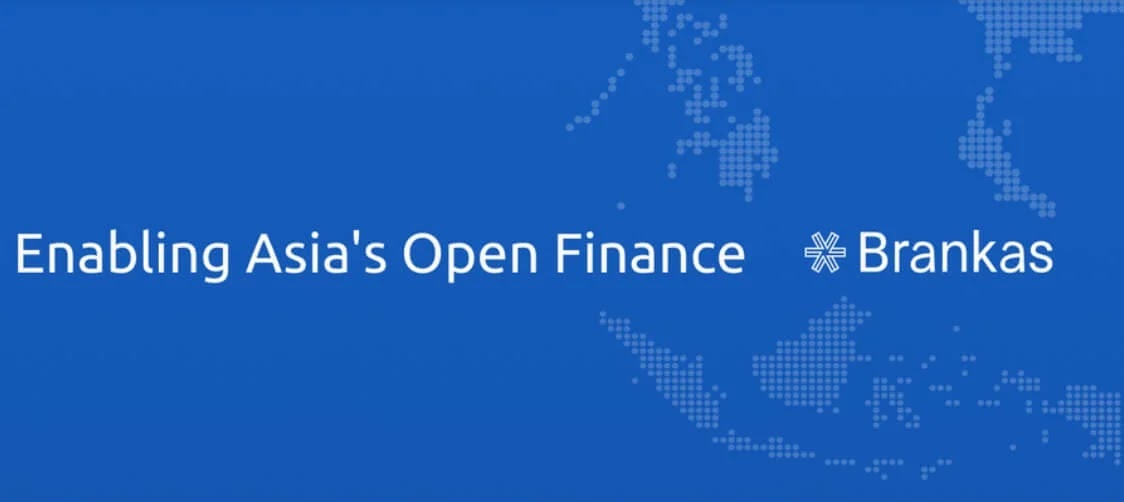Liberating the Power of Open Finance
The BSP published guidelines for implementing Open Finance in the Philippines in 2021, making the country a leader in the region and establishing the framework for the rest of Southeast Asia. The legal framework is in line with the Digital Payments Transformation Roadmap 2020-2023 created by the Bangko Sentral ng Pilipinas (BSP), which seeks to increase customer preference for digital payments and encourage more creative and responsive digital financial services.
The Open Finance framework emphasizes the primary motivations for the movement: increased consumer choice in the financial services industry, improved transparency for consumers making financial decisions, and greater agency for customers over their personal information and money.
Open Finance in the Philippines is a first for the region, and it has the full support of the industry's top technology enablers. With the lofty aim of making bank-managed APIs securely available to vetted third parties, they are advocating for an open dialogue on the technology required to realize a thriving Open Finance ecosystem.
The use of RPA to create RPA-based APIs that authorized third parties can utilize safely holds tremendous potential. Until the thousands of Philippine financial institutions make bank-supported open APIs available, RPA technology is a necessary "fallback solution" to ensure financial consumer choice when bank-managed APIs are offline, underperform, or otherwise unavailable and an essential interim solution.
Also Read: Through Open Banking and Open Finance, OBE Asia promotes financial inclusivity.
Bringing about complete financial inclusion in the Philippines, the BSP Open Finance Framework's implementation might drastically improve the lives of Filipino consumers. As Todd Schweitzer, CEO of Brankas, Southeast Asia's leading Open Finance technology company, put it, "Customer-consented Robotic Process Automation (RPA) is the crucial technology we need to get there. By allowing the safe and secure use of RPA, we as an industry can collectively enable Filipinos to avail of new and alternative financial products and services, with better quality and at an affordable cost, without compromising their financial consumer and data privacy rights."
Making the transition to RPA-based APIs in a compliant and secure manner while facilitating financial inclusion
In a joint effort with the newly created Open Finance Committee of the FinTech Philippines Association, Brankas, FinScore, Finverse, and Smile API have released a white paper titled RPA-based APIs: Unlocking the Potential of Open Finance. This highlights how the aims of the BSP Open Finance Framework are directly supported and enabled by RPA-based APIs. They allow customers to safely use the internet to access their bank's or financial institution's online services. They are widely used and trusted by customers worldwide, including in the Philippines, to perform financial transactions such as credit checks, account reconciliations, online purchases, and wire transfers from physical to virtual bank accounts.
According to the white paper, the only currently available technology that can enable an utterly inclusive fintech ecosystem and bring about financial inclusion is RPA-based APIs. It also demonstrates that APIs based on RPA are legitimate and accepted in jurisdictions all across the world. For instance, nine of the top UK banks have established an open API standard that includes RPA-enabled APIs as a crucial backup option if bank-managed APIs become unavailable. Meanwhile, in the United States, RPA remains the core technology, with the backing of the Consumer Financial Protection Bureau (CFPB) for the allowed sharing and aggregation of consumer financial data. It also details the critical policies under competition, consumer protection, and privacy legislation that make RPA-based APIs possible in the Philippines. Notably, it makes the accessibility and mobility of financial consumers' personal data real.
Although worries and perceived risks are associated with RPA technologies, an open, fact-based discussion among industry and regulatory bodies can enable an Open Finance sector that safeguards consumers, promotes customer agency, and paves the way for the next generation of Open Finance solutions.
This white paper, "RPA-based APIs: Unlocking the Potential of Open Finance," is available for free at https://resources.brankas.com/rpa-white-paper.

